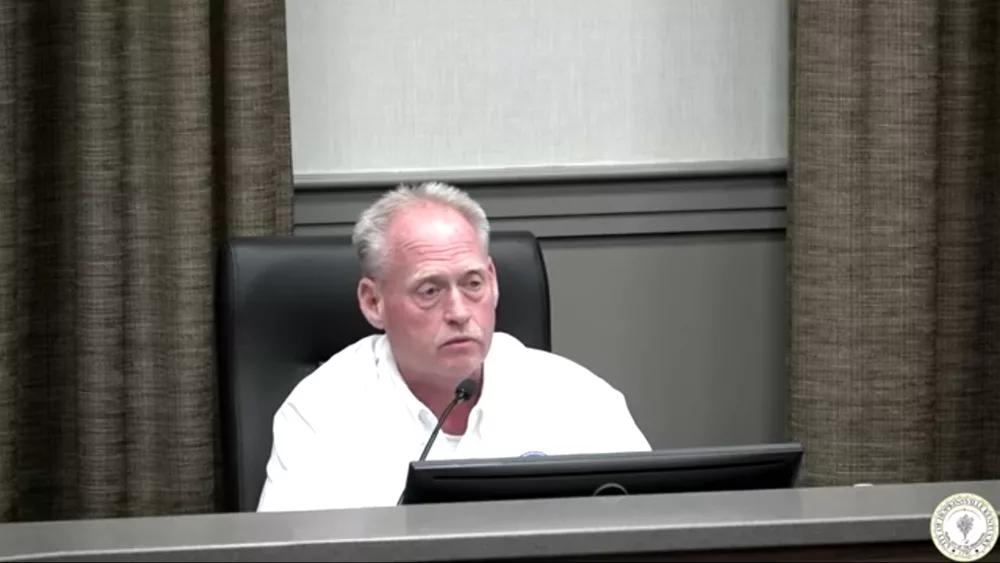
Thursday evening’s Trigg County Board of Education meeting served as an impromptu discussion about politics and new laws — as Superintendent Bill Thorpe and School Attorney Jack Lackey notified board members about the possibility of big changes headed education’s way.
In the short 30-day session for the Kentucky General Assembly, more than 550 bills were either passed, read, or died in committee, covering an unusually wide myriad of topics and fronts facing the Commonwealth.
Thorpe and Lackey both noted legislators failed to generously improve SEEK funding, with it going to $4,100 per student in fiscal year 2023, and $4,200 in 2024.
This falls well short of Governor Andy Beshear’s proposed biennium budget, which called for $4,300 and $4,500 in the same span, and a budgetary increase from $159.7 million to $237 million over the two years.
Last week, provisions of Senate Bill 5 landed on Beshear’s desk. It creates a process for parents to challenge books, instructional materials and school events that are believed and perceived to be “harmful” to students if they depict nudity or sexual acts, appeal to “prurient interests in sex,” or maintain offensive standards regarding suitable material for minors.
Supporters claim it protects children, namely middle- and high-school-aged children, from viewing “pornographic” materials as lessons. Opponents regard the bill as censorship, and an easy gateway to ban concepts and science around LGBTQ+.
Though likely to be vetoed by the Beshear administration, it almost certainly will get the override from a supermajority, meaning the Trigg County School Board will have to prepare guidelines for this parent process.
Thorpe also noted HB 563, or the “open borders bill,” is back and has been fully clarified.
Lackey also noted that one bill already signed by Beshear, HB 538, is going to need further clarification in the coming months — due to its lengthy language and foggy reach.
It amends current KRS statute, and enacts the following measures:
— It requires a local board of education to expel a student for at least 12 months if the student makes threats that pose a danger to other students or staff.
— It also requires a local board of education to adopt a policy requiring disciplinary actions for a student who assaults other students or staff off campus property.
— It allows a local school board to place a student in an alternative education setting in lieu of expulsion, or at the end of an expulsion.
— It allows a teacher to remove a disruptive student from the classroom; and provides that a student who is removed from a classroom three times in 30 days shall be considered chronically disruptive and may be suspended.
— It provides that a principal may permanently remove a disruptive student from a classroom and determine the placement of the student, subject to an appeal process.
— And it requires a local board of education to conduct an expulsion review process to determine whether a student’s expulsion shall continue or end.





